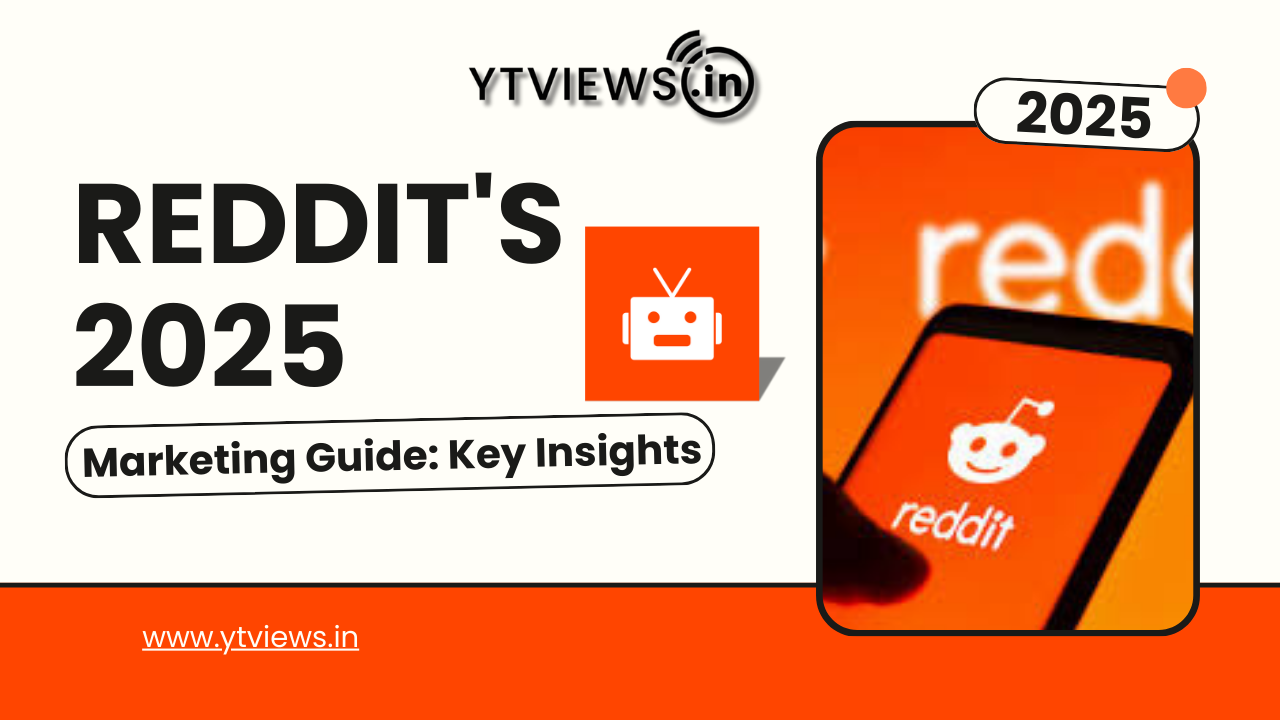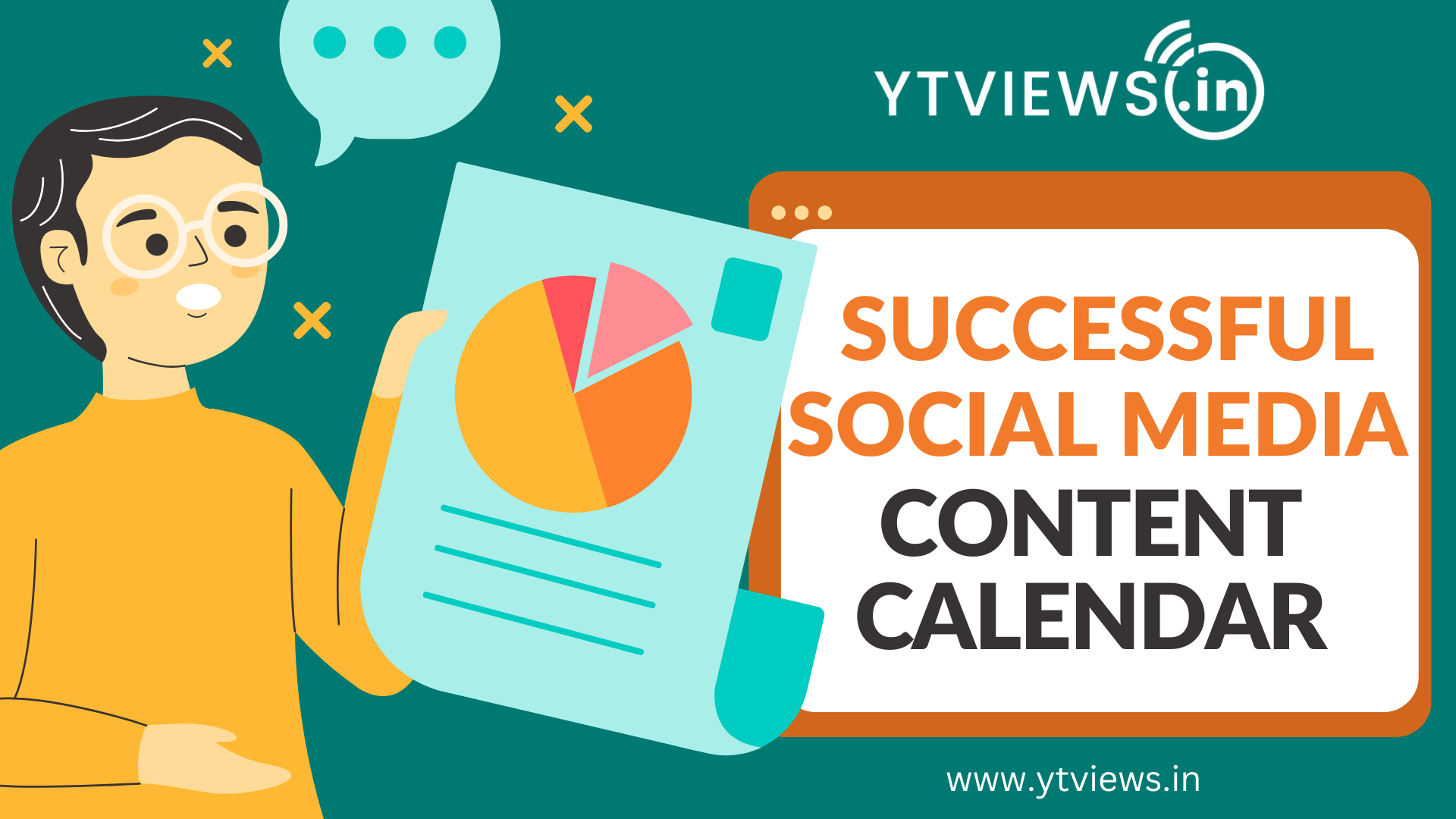How SEO makes a huge difference on Google…..
SEO stands for Search Engine Optimization. It’s the practice of increasing both the quality and quantity of website traffic, as well as exposure to your brand, through non-paid (also known as “organic”) search engine results. It’s not just about search engines, but equally about the people. SEO is the process of taking steps to help a website or piece of content rank higher on Google. To make it a bit simpler, search engine optimization means taking a piece of online content and optimizing it so search engines like Google show it towards the top of the page when someone searches for something.
![]()
Why is it important though? It doesn’t bring in monetization so what’s the point? The reason is that search is one of the main ways in which people discover content online, ranking higher in search engines can lead to an increase in traffic to a website. Not understanding the best SEO practices can leave your site in the dark which means no one will know you even exist. No clicks, no visitors, no sales. It’s no rocket science and it’s quite easy to understand how it works. You just have to put in some efforts and time to learn about it.
YouTube is its own search engine and it has its own SEO practices. YouTube SEO is a bit different from regular SEO and I’ll keep this discussion for some other day. Right now, I’ll talk you through on how you can optimize your website on Google and similar search engines.
- Choose a great domain name:
Make sure your domain name is short, easy to spell and easy to remember. If your brand name can be easily misspelled, then it can be easily missed too. Use a branded domain to increase credibility. Don’t stress over keywords in your domain because they aren’t as important as they used to be before. After you have a domain, start building your site.
- Search right keywords for the content:
You need to do a proper keyword research to find out which words your audience is using when they’re searching for your products or services. The two important questions you need to ask yourself are: What is your page about? When you know what will be the main topic and what information you’ll include, you’ll have an easier time determining the type of keywords you’ll need to target on that page. What is the purpose of your page? By figuring out the main intent for a page you’ll be able to focus on more relevant keywords, rather than generic ones.
- Construct your content:
Once you have a better idea of what users are searching for to find a page like yours, you need to start writing your content and optimize it. Search engines will crawl your website and try to figure out what it’s about and then decide what queries each of your web pages should rank for. Write for your audience first, then the search engines. Don’t ever sacrifice the usefulness and persuasiveness of your content for SEO-friendly content. That’ll not take you anywhere and you won’t stand a chance.
- Optimize your URL:
Use SEO friendly URL structure, avoid dynamic URLs (because they are really cumbersome), and rather use static URLs. Use definitive headings and make sure each heading is relevant for the section it represents. You should also focus on related interlinking since that uplifts your page and makes it useful.
- Track your stats;
You need to measure the effectiveness of your SEO efforts and see how your website is performing. How many visitors a month is your site attracting? Which pages are the most popular? How much time are they spending on your site? There are hundreds of apps available to help you with it and you’ll have all the data that you need in a few seconds.
When it comes to SEO there aren’t any shortcuts. If you do anything shady to speed things up, you might get caught and get penalized, and it’s not worth it. The only thing you should focus on is creating a site that gives users what they’re looking for and optimizing it for search engines so people can find it easier online. This was my attempt in providing you with some assistance on SEO. Remember that the more you read, the more you learn so be patient and do your required research for improvements.
Related Posts

Google Announces AI Training Programs for Small and Medium Businesses (SMBs)

Reddit Publishes 2025 Marketing Planning Guide: What You Need to Know

The Importance of Core Web Vitals in SEO








































